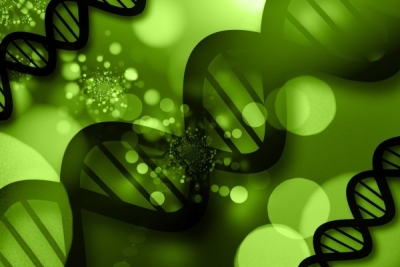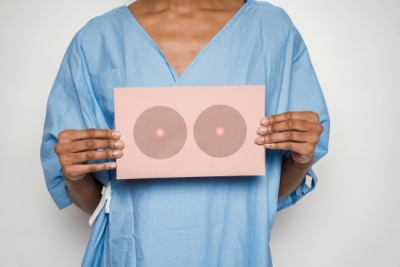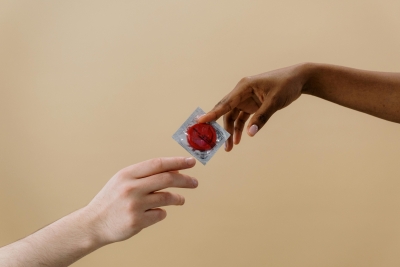Summer is the favorite season of the year for many Brazilians, as it is associated with vacations, beach, heat and sun. During this period, outdoor activities increase and skin care can often end up in the background.
The skin is the largest organ in the human body and acts as a protective barrier against environmental agents, such as microorganisms, and is also responsible for essential functions such as thermal regulation and sensory functions such as touch, cold, heat and pain. However, this protective barrier can be “damaged” by several factors such as: exposure to ultraviolet (UV) rays, tobacco use, excessive alcohol consumption, air pollution, etc.
Knowing that the skin represents a barrier to the environment and, therefore, is exposed to harmful factors, it is important to observe how much its natural defense system can be compromised by excessive alcohol consumption. The natural defense of human skin is based on the action of different antioxidant substances, which are capable of neutralizing free radicals, such as carotenoids (beta-carotene, lycopene, lutein and zeaxanthin), vitamins (A, C, D and E) , enzymes (superoxide dismutase, catalase and glutathione peroxidase) and others (selenium and coenzyme Q10), which function as a “safety net” (1,2).
A study carried out in Germany showed that alcohol consumption can decrease this antioxidant network's efficiency of protection, increasing the risk of sunburn in human skin. The study evaluated the concentration of carotenoids in the skin of six male participants, before and after consuming alcohol or consuming alcohol and orange juice combined. The results showed a significant decrease in the concentration of these antioxidants in the participants' skin after alcohol consumption, but no significant decrease after the combined intake of alcohol and orange juice. In addition to suggesting that alcohol consumption is a risk factor for sunburn, the study also concluded that its use combined with antioxidant drinks can attenuate oxidative damage to the skin induced by alcohol (3).
But this does not mean that the orange caipirinha is liberated: studies also suggest that excessive alcohol consumption, in addition to being a risk factor for sunburn, is associated with the risk of non-melanoma and melanoma skin cancer. When ethanol from alcoholic beverages is converted into acetaldehyde, it serves as a photosensitizer, generating the production of reactive oxygen species after exposure to UV radiation, which, in turn, induces oxidative damage to DNA. Therefore, the combination of alcohol and UV exposure may potentiate both initiation and promotion of carcinogenesis activities (4).
Exposure to UV rays is one of the main known factors of skin aging, but studies show that other factors such as tobacco use and high alcohol intake can also influence this aging. A study carried out with more than 3000 women from the United States, Australia, Canada and the United Kingdom, aged between 18 and 75 years, showed that both smoking and alcohol use (more than 8 drinks per week), significantly impacted, but in a differentiated way, facial aging related to volume and skin (5).
Despite being such an important organ, we often neglect skin care. Thus, the best way to have healthier skin is to reinforce hydration, maintain a care routine (using sunscreen and moisturizers), have a good night's sleep and a healthy diet. And if you choose to consume alcohol, drink in moderation and be careful during consumption, interspersing water intake between doses and not drinking on an empty stomach.
Take care!











